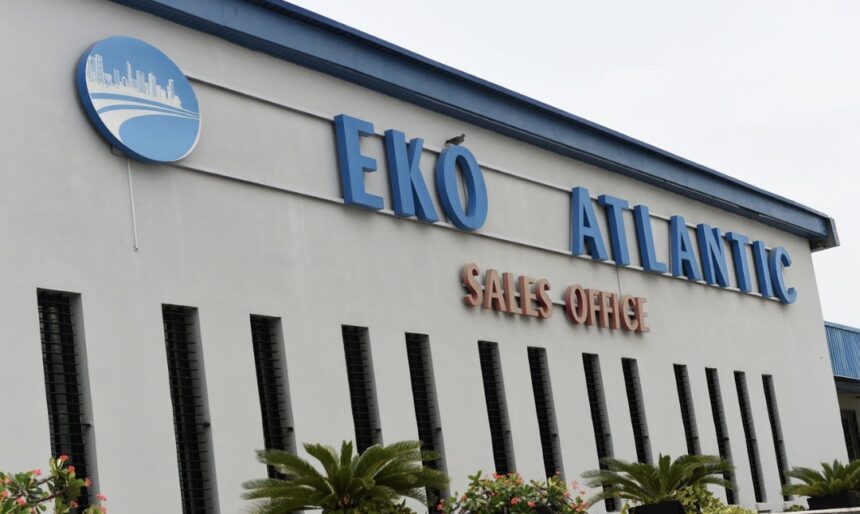Lagos has retained its crown as Nigeria’s luxury real estate capital, with Eko Atlantic, Old Ikoyi, Banana Island, and Victoria Island ranked as the nation’s most expensive residential locations, according to the 2025 Nigerian Residential Market Review by Diya Fatimilehin & Co.
The report revealed that a four-bedroom flat in Ikoyi now commands a sale price of around ₦1.5 billion, underscoring the dominance of Lagos’ prime property market despite economic reforms and shifting demand.
However, the survey also spotlighted Ogun and Oyo states as emerging alternatives, offering more affordable entry points for investors and homeowners. Proximity to Lagos, infrastructure upgrades, and available land are driving interest in locations such as Alalubosa and Iyaganku GRAs in Ibadan, and Laderin Estate and Olusegun Osoba Hilltop in Abeokuta, where annual house rentals can reach ₦3 million.
Infrastructure Driving Growth
The report linked the evolving market dynamics to major infrastructure projects such as the Lagos Blue and Red Line Metro Rails, the Lagos-Ibadan Expressway, and ongoing works on the Lagos-Calabar Coastal Highway. Upcoming projects — including the Fourth Mainland Bridge, Lekki International Airport, and Green Line Metro Rail — are expected to further transform the property landscape.
Regional Shifts Across Nigeria
Beyond the South-West, the study noted that every region of Nigeria is undergoing unique transformations:
- North-West: Cities such as Kano, Kaduna, Zaria, and Sokoto are positioned for growth, buoyed by agricultural mechanisation and industrial expansion. New projects include the ₦6.4bn Gwaram Basirka Bridge in Jigawa and the Kaduna Millennium City being developed in partnership with Qatar Construction Company.
- South-South: Investor confidence is rising in cities like Port Harcourt, Uyo, and Asaba, backed by urban renewal projects and large-scale infrastructure such as the 94 km dualised East-West Road in Eleme, Rivers State.
- North-Central and North-East: While security concerns and religious tensions have slowed activity in some areas, established residential districts in Kaduna and Kano — such as Barnawa, Ungwan Rimi, and Nasarawa GRA — continue to attract demand.
A Market in Transition
The report observed that Nigeria’s residential market is being reshaped by urbanisation, subsidy removal, exchange rate reforms, and improved connectivity, gradually opening up new investment frontiers beyond Tier-1 cities.
It concluded that while Lagos will likely remain the epicentre of Nigeria’s luxury property market, rising demand in secondary cities such as Ibadan, Abeokuta, Kano, and Uyo is redefining the country’s residential landscape.
Nigeria’s Residential Market 2025 — At a Glance
️ Prices
- ₦1.5bn — Sale price of a 4-bedroom flat in Ikoyi
- ₦3m — Annual rental in Ibadan’s Alalubosa & Iyaganku GRAs
Top Luxury Hotspots
- Eko Atlantic
- Old Ikoyi
- Banana Island
- Victoria Island
Emerging Alternatives
- Ibadan: Alalubosa GRA, Iyaganku GRA
- Abeokuta: Laderin Estate, Olusegun Osoba Hilltop
Key Infrastructure Boosters
- Lagos Metro Rail (Blue & Red Lines)
- Lagos-Ibadan Expressway
- Fourth Mainland Bridge (proposed)
- Lekki International Airport (proposed)
- Lagos-Calabar Coastal Highway (ongoing)

